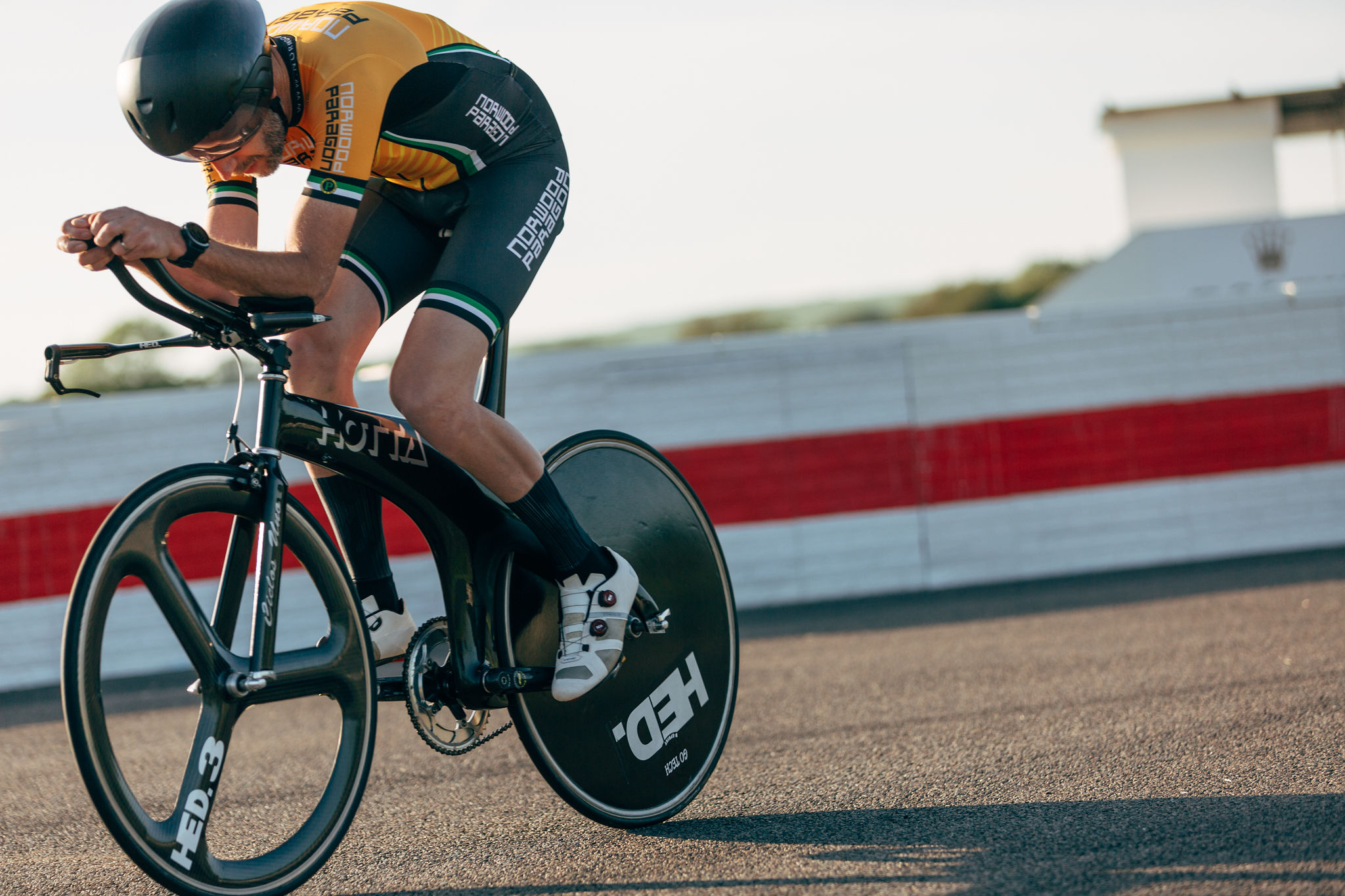Go Faster aims to bring levelling-up to the real world with jerseys unlocked by going faster
Approach aims to tackle sustainability issues in the apparel industry by introducing a new way to buy cycling kit that focuses on cyclists' desire to improve
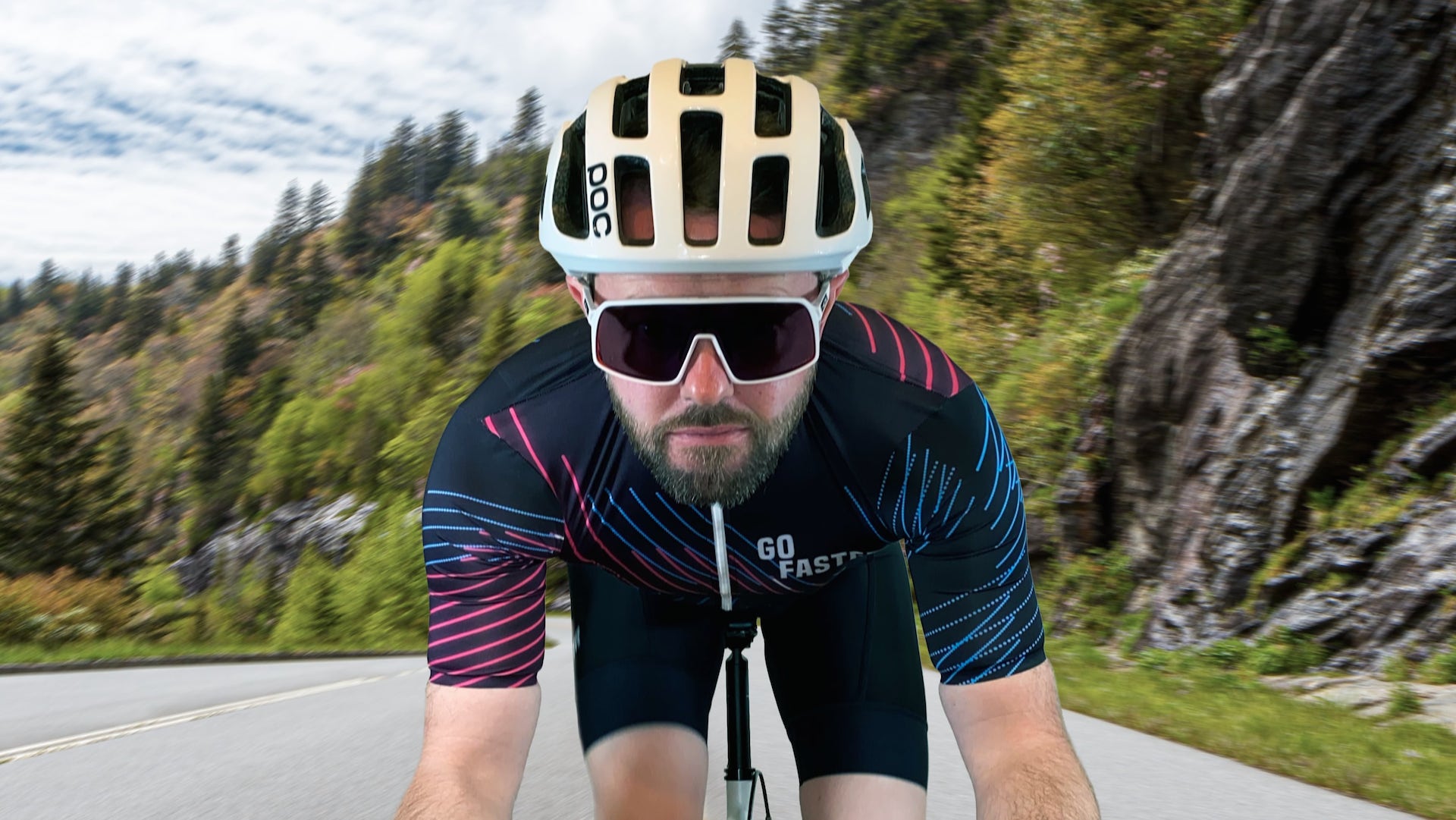
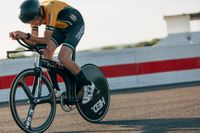
British start-up Go Faster aims to bring Zwift-style levelling-up to the real world with jerseys made from recycled fabrics that can only be unlocked and purchased once riders have reached a target average speed, evidenced by Strava data.
The idea is that if you have earned your jersey, you will be proud to wear it for more than one season, reducing the amount of cycling kit that ends up in landfill prematurely.
Go Faster claims it is taking sustainability further than other cycling kit producers with its approach and uses 100 per cent post-consumer waste recycled materials and environmentally friendly manufacturing processes.
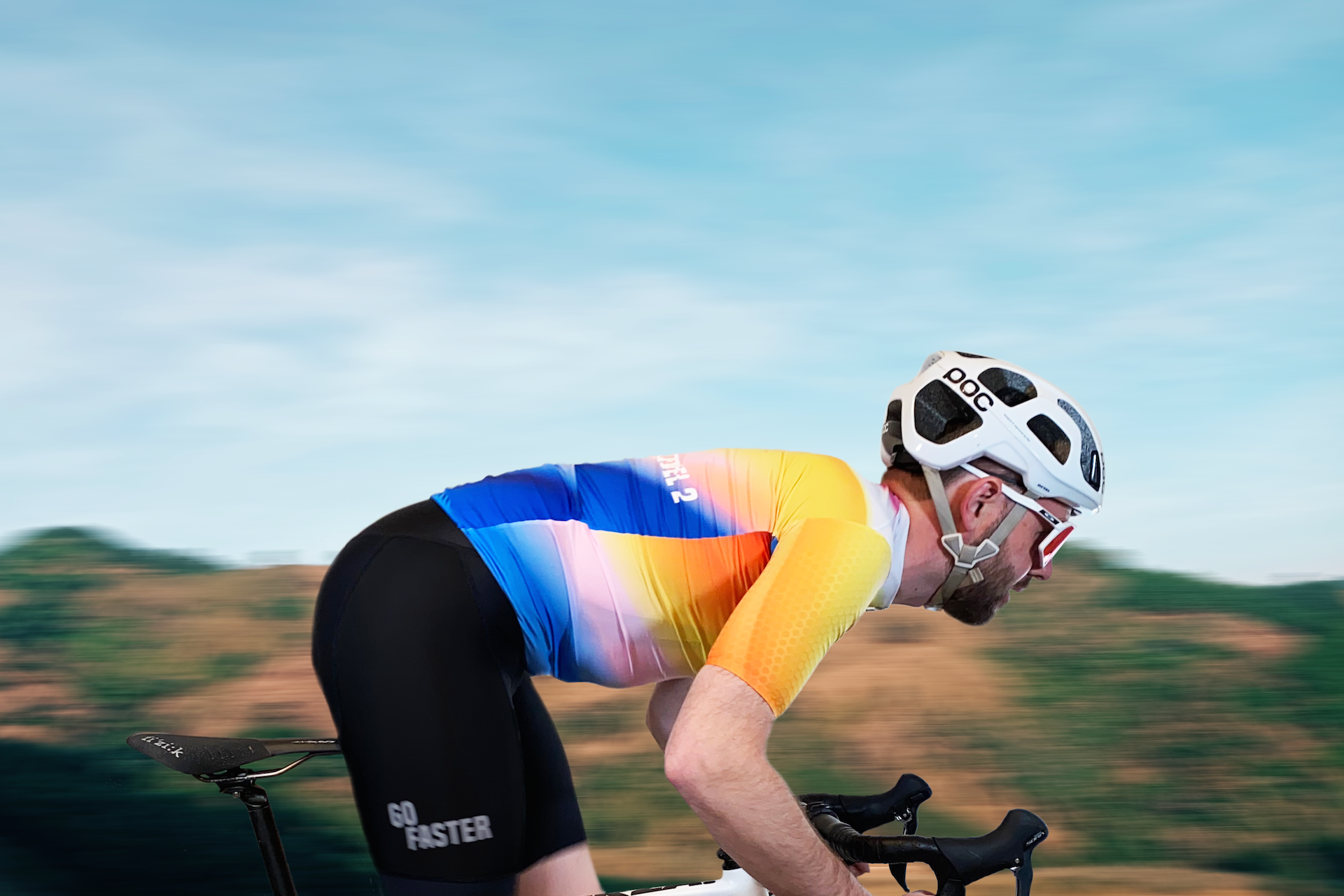
"Sports psychology research indicates that wearing a jersey earned through personal achievement can lead to an increase in performance over kit you've just bought, says Go Faster’s founder Oliver MacCarthy. “It’s down to the boost in pride, self-confidence and social status that wearing the kit generates. This is why we call ourselves Go Faster. We're here to help cyclists go faster and be conscious about their impact on the planet we all ride on."
A lot of cycling kit is replaced every season when new colours and trends are released, says Go Faster, which contributes to the unsustainable problems of fast fashion including the environmental impact of manufacturing processes and premature disposal of unwanted kit.
"Sustainability is a very real problem in the cycling apparel industry, says MacCarthy. “Before we even started designing our kit we wrote our 'Leadout Promise' to guide every decision we made. The cyclists we spoke to wanted more than environmentally friendly kit. They want to go faster.”
Go Faster has created The Draft, a program via which riders can unlock its Level 1 or Level 2 jerseys. Users connect their Strava account to The Draft to receive average ride speed reports, fastest ride alerts and to unlock Go Faster’s Draft training jersey (£98, main picture).
The latest race content, interviews, features, reviews and expert buying guides, direct to your inbox!
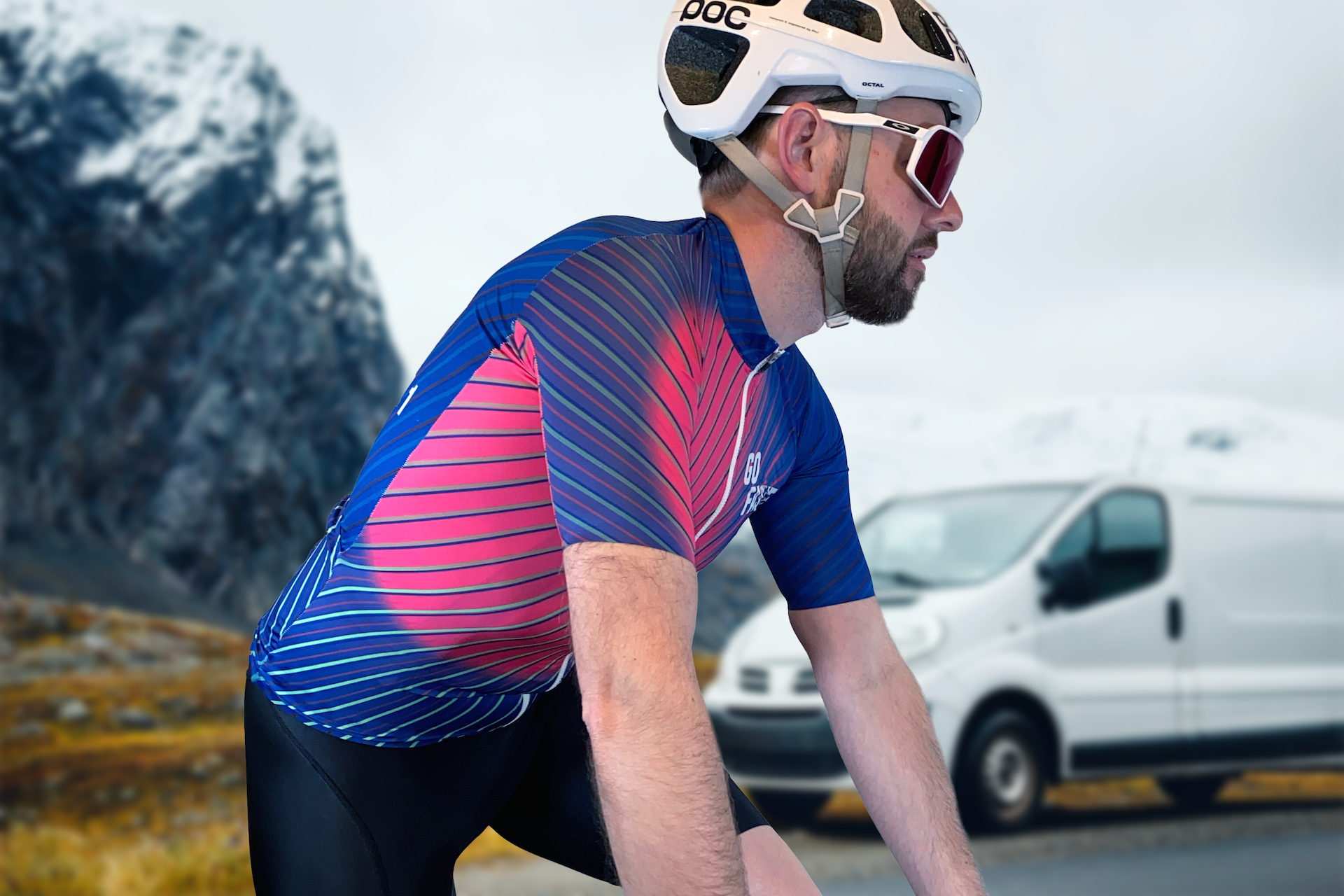
The Level 1 jersey (above) can be unlocked and bought (£115) once a ride average of 26kph is posted. The Level 2 jersey (also £115) is unlocked once an average of 39kph is reached.
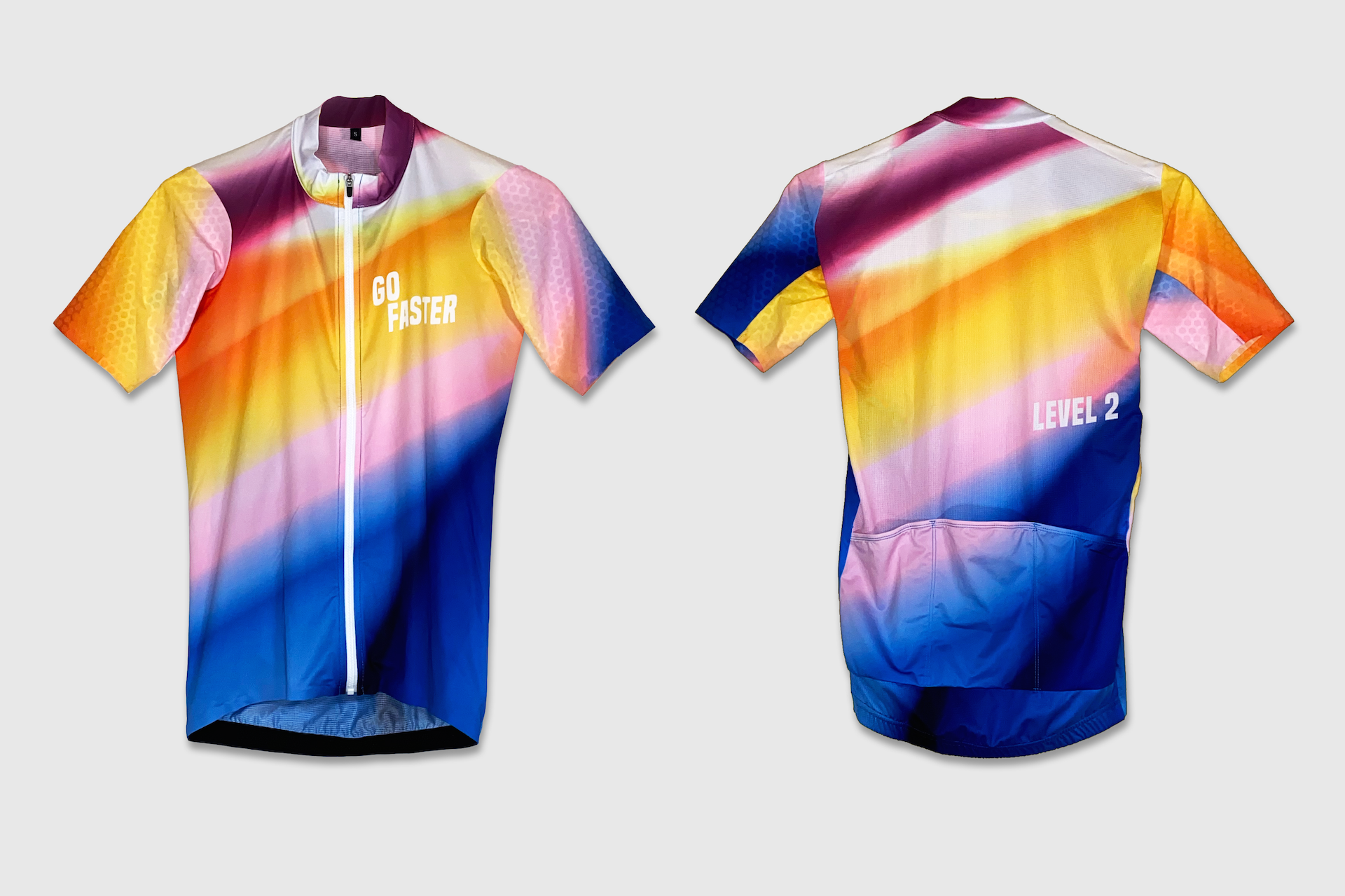
The Level 2 jersey, according to Go Faster, is optimised for speeds above 39kph with sleeves constructed from “3D textured tightly woven fabric developed in the wind tunnel."
The Level 2 jersey doesn’t feature the dimpled sleeves but has “heat bonded seams that allow a smooth and efficient airflow around the arms and waist.”
There’s also a pair of bibshorts, like the jerseys made from recycled performance fabrics and Bluesign certified production processes, available with the jerseys in bundles that are individually priced.
Finally there’s a Go Faster-branded Elite bottle.
Go Faster is raising funds on Kickstarter for 30 days from June 8, with a target of £10,000. The brand says backers have the chance to choose from the three different jerseys at discounted rates available exclusively on Kickstarter.
Simon Smythe is a hugely experienced cycling tech writer, who has been writing for Cycling Weekly since 2003. Until recently he was our senior tech writer. In his cycling career Simon has mostly focused on time trialling with a national medal, a few open wins and his club's 30-mile record in his palmares. These days he spends most of his time testing road bikes, or on a tandem doing the school run with his younger son.
